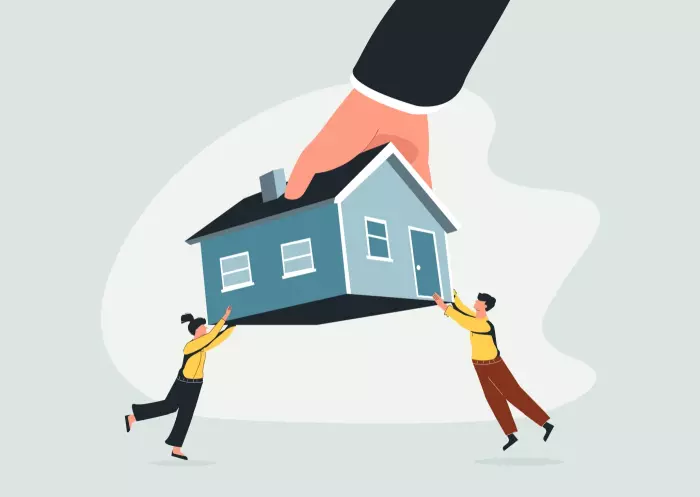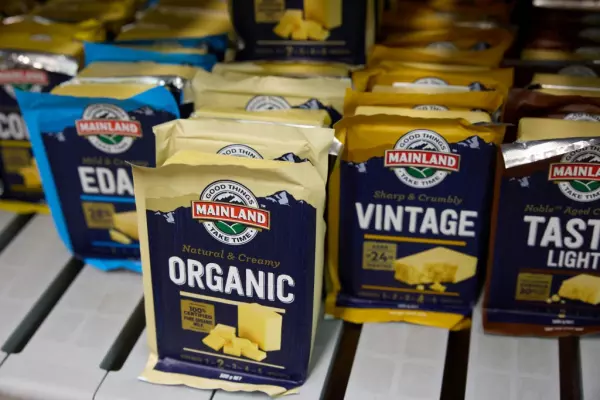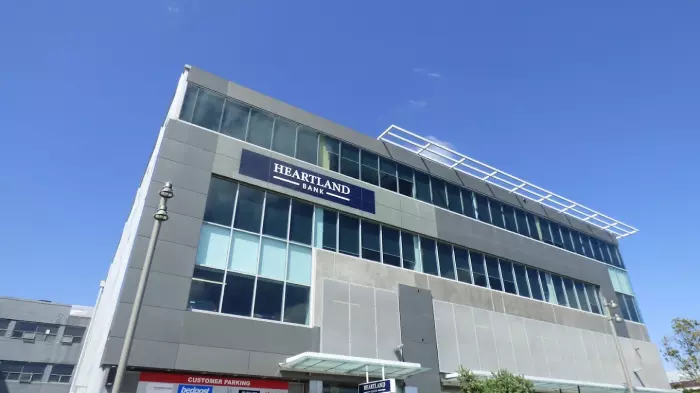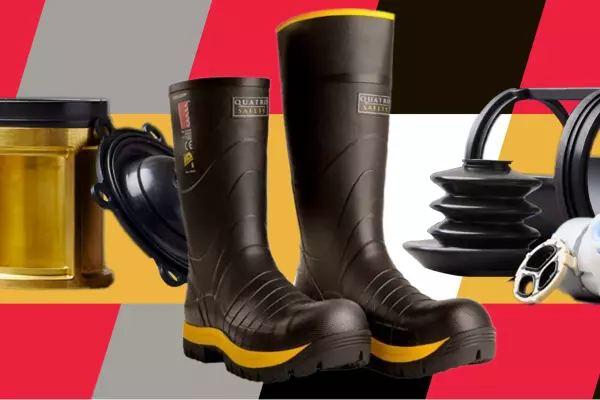BusinessDesk investments editor Frances Cook responds to emails from readers each week to answer questions about money. Below, you will find her expert advice. Send your own questions to [email protected].
Hey Frances,
I saw your post about increased interest rates coming. I wanted to ask what is your thought on buying a first home now in this climate whilst also taking into consideration of a likely chance of a recession in the coming year?
Would love to know your thoughts on this, especially for first-home buyers!
Kindest Regards,
T
Hi T,
The first home market is a funny one. While it of course goes up and down, it tends not to make as many wild swings as the rest of the property market, because of one major factor.
When people buy their first home, it’s often because they’re financially ready, not because the market is good, bad, or otherwise.
That said, now is actually a pretty good time for a first-home buyer, if they have a deposit built up, and a steady job.
Buyers' market
Property prices have gone down, which is worrying for anyone who has bought a house in the last couple of years, but welcome news to someone who is hoping to buy for the first time. Yes, interest rates have gone up, but if you hunt out a bargain property, you could still end up paying less overall.
We’re currently in what they refer to as a ‘buyers' market’. There are more properties on the market than buyers who want to buy them, which means you have the power on your side.
This gives you some great benefits. For starters, the intense pressure cooker of the last few years has stopped. You’re not under as much pressure to get an offer in – any offer – before someone swipes the property out from under you.
Instead, you have the ability to negotiate hard on price and take time doing homework on the property with things like a thorough builder’s report.
The interest rate question
Interest rates have just gone up, yet again. The Reserve Bank of New Zealand (RBNZ) lifted them another 0.5%, to 4.75%.
Of course, that’s the wholesale rate. Mortgages, credit cards, and the rest will cost more than that.
It also came with a warning that the RBNZ still expects the official cash rate (OCR) to eventually hit 5.5%. Neat.
So how do we make sense of this, what it means for our money, and the increasingly likely possibility of a recession this year?
You might have a couple of years of higher interest rates, but the looming recession the RBNZ is pushing us towards actually works in your favour. Grim, but true.
If that recession happens it’s likely interest rates would drop again, as the RBNZ tries to get the economy moving.
So while, again, nobody knows the future, it’s likely that at some point these interest rates will fall again, and your mortgage gets a little cheaper.
Some fine print
Be aware that when you apply for a mortgage, banks run an affordability test, making sure that you could still pay that bill even if interest rates keep going up.
It changes from bank to bank, but a rule of thumb is that they test affordability at about 2% more than their advertised mortgage rate.
So if you want to see what they see, plug that 2% higher number into an online mortgage calculator, and check that you could still pay the mortgage at that rate.
Your job
I also mention that a factor in whether to buy is if you feel that your job is stable.
It's an important point, especially with the likelihood of a recession this year. In a recession, of course, job losses are more likely. Which could hurt your ability to pay back a mortgage.
Look, nobody knows anything for sure. Events happen out of the blue all the time, job losses happen in good times too. But a recession does make some of these bad things more likely.
Things you should consider are:
- If you’re buying with someone else such as a partner, that’s extra insurance, as you’ll still have one income if the worst happens;
- Whether your job and the business you work for have historically been reliable;
- Whether you have enough savings to get you through a month or more of job hunting if the recession ends up hurting your income.
Like I say, that’s me being pessimistic and wanting you to think about worst-case scenarios.
It doesn’t mean you shouldn’t buy a house – after all, really, any of us could lose our jobs at any time. If we didn’t do things because of that possibility, we wouldn’t ever cross the road either.
It’s just that with a recession likely, it’s best to think about it and have a plan in place.
All up? For those with a deposit ready to go, it’s a great time to be a first home buyer.
Don’t rush, hunt out a bargain, negotiate hard, and keep cash savings high in order to make sure you can keep paying for that new asset.
Send questions to [email protected] if you want to be featured in the column. Emails should be about 200 words, and we won't publish your name. Unfortunately, Frances is not able to respond to every email received, or offer individual financial advice.
Information in this column is general in nature and should not be taken as individual financial advice. Frances Cook and BusinessDesk are not responsible for any loss a reader may suffer.














